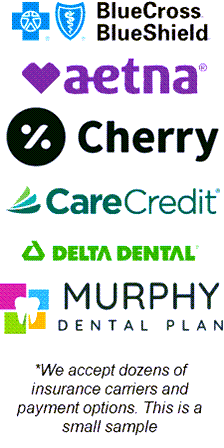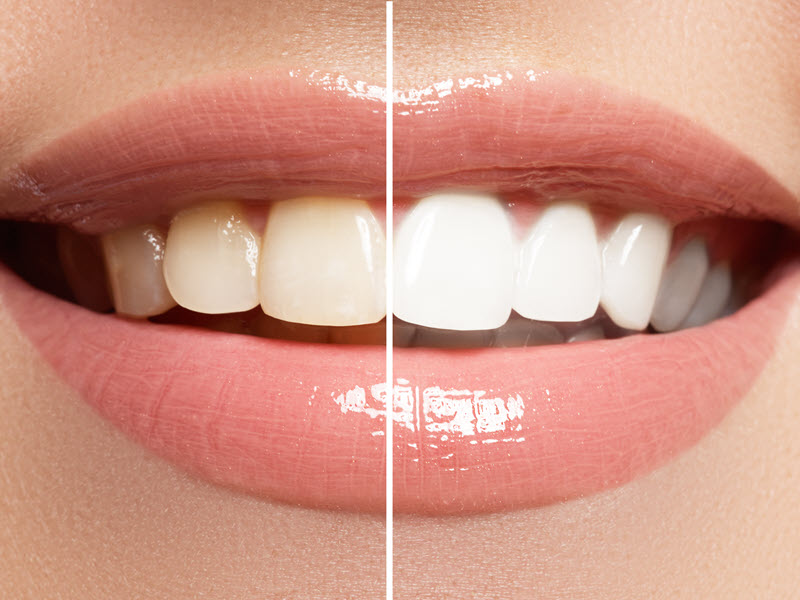Dental Insurance FAQ Overview
When you call as a new patient or an existing patient with a dental insurance policy we at Michael P Murphy DDS Murphy Dental will prioritize obtaining the necessary details from you to call your dental insurance company and receive all the details of your dental coverage and schedule your requested dental appointment.
We will contact you personally after we receive your benefit details if we notice our status is non-payable to Dr. Murphy. We input the details of your frequencies for cleanings, x-rays, exams, periodontal maintenance, crowns, onlays, inlays, bridges, implants, dentures, missing tooth clauses regarding previous extractions, and input the details into your file regardless of any treatment or treatment scheduled.
Dental Care Expenses Can Seem High for a Variety of Reasons
Dental Insurance Isn’t Always Comprehensive
Operational Costs and Overhead
Competitive Constraints
Dental Insurance Can Help to Offset Dental Costs
What is Dental Insurance?
Is Dental Insurance Worth it?
Some dental insurance plans have annual limits on the amount they will pay out, and others have waiting periods before certain procedures are covered. Additionally, many plans do not cover the cost of a dental treatment that is considered to be “cosmetic”. Teeth whitening and veneers are two examples of cosmetic dental procedures.
When looking for a dentist, patients may have different priorities and wants, but some of the most common things that patients may want include:
- Quality of care: Patients may want a dentist who is highly skilled, experienced, and provides high-quality care that meets their dental needs.
- Convenience and availability: Patients may want a dentist who is located near their home or work, has flexible office hours, and can accommodate same-day or next-day appointments.
- Insurance and payment options: Patients may want a dentist who accepts their insurance plan and offers flexible payment options to help make dental care more affordable.
- Office atmosphere and patient comfort: Patients may want a dentist who has a clean, modern, and welcoming office, and makes an effort to create a comfortable and relaxing environment for patients.
- Good communication and patient education: Patients may want a dentist who takes the time to explain procedures, answer questions, and provide clear and concise information.
- Positive patient reviews and testimonials: Patients may want a dentist who has a good reputation and has been recommended by other patients.
- Specialized services: Patients may want a dentist who offers specialized services such as orthodontics, periodontics, endodontics, cosmetic dentistry, and more.
Determining Covered Procedures
Predetermination
- Whether you are eligible for benefits.
- What is considered a covered expense.
- How much is covered by the plan.
- The application of appropriate deductibles, co-payments and/or maximum limitations.
- Your potential out-of-pocket expenses.
- Appropriate alternative treatment options.
ADA FAQ About Dental Plans
Below is a video put together by the American Dental Association which provides a brief overview of some of the more confusing aspects of dental plans.
Frequently Asked Questions
What Does In Network Dental Insurance Mean?
What Does Dental Insurance Typically Cover?
Dental insurance typically helps to cover the costs of preventive care and restorative dental care. A dental treatment that would be considered preventative would be a dental cleaning – as would exams, x-rays, fillings, and crowns. Restorative dental care is to restore the functionality and dental health of your teeth and would refer to a dental procedure like a root canal or dental implant.
Some plans may also cover orthodontic treatments, such as braces. The specific services covered and the amount of coverage provided will vary depending on the plan. Many plans have a yearly maximum dental benefit and may require you to pay a portion of the costs, such as a co-pay or deductible. It’s important to review the details of a plan before enrolling to ensure it meets your needs.
What are the Benefits of Seeing an Out of Network Dentist?
- More flexibility in choosing a provider: If you have a preferred dentist who is not in-network with your insurance plan, you may still be able to see them by paying more out-of-pocket.
- More specialized services: Some out-of-network dentists may specialize in certain procedures or use advanced technology that is not available in-network.
- More personalized care: Some patients may prefer the personalized care and attention that a smaller out-of-network practice may provide, rather than a larger in-network practice.
- Lower costs: In some cases, an out-of-network dentist may charge lower fees than in-network dentists, even after factoring in the additional cost of paying out-of-pocket.
What Is a Missing Tooth Clause in a Dental Plan?
So, if you were missing a tooth (regardless of whether this was due to disease, accident, or extraction), the cost to replace your missing tooth with a dental implant procedure won’t be covered by your dental plan.
What is the Best Dental Insurance Plan?
- Coverage: Look for a plan that offers the coverage you need for the procedures you expect to have.
- Network: Make sure the plan includes the dentists you want to see and that they are in-network providers.
- Cost: Compare the monthly premium, deductibles, co-pays, and any maximum annual benefits to find a plan that fits your budget.
- Additional benefits: Some plans may offer additional benefits such as orthodontic coverage, or discounts for wellness programs.
- Customer service: It’s important to have a reliable insurance provider that you can contact if you have any questions or issues with your plan.
What Dental Insurance Carrier Plans do You Accept at Murphy Dental?
Murphy Dental accepts most dental insurance company plans at our Fort Collins Dental office. We are a participating dentist for many carriers (in network). For more information on your particular plan and how we work with your particular dental coverage, click the appropriate link below:















